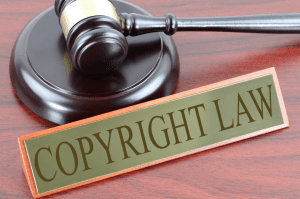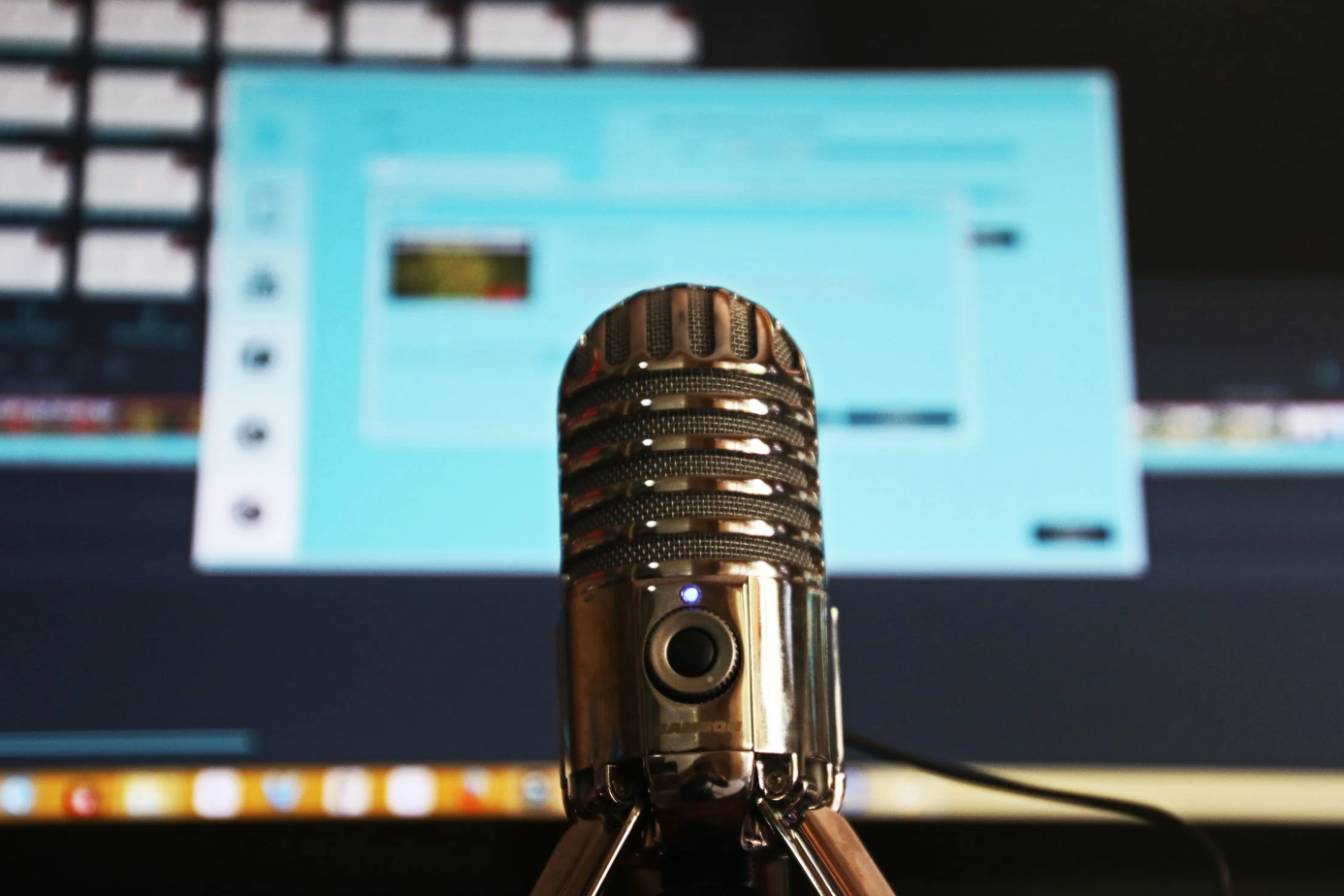Some new podcasters can think they need to do something to copyright their work, but there’s only a scrap of truth to this. They do need to act, but simply recording a podcast is enough.
It hasn’t actually been that long since podcasting reached the mainstream, yet it’s already grown into a massive worldwide industry. Some podcasters attract massive audiences and establish wildly successful businesses off the back of their audio content, arranging sponsorships and selling merchandise. Others simply enjoy sharing their passions and opinions with like-minded people, being able to entertain and inform in equal measure.
Podcasting isn’t quite as simple as creating an audio file and sharing it via the preferred distribution network, though. Whether to protect the content they’re creating or ensure they don’t run into issues with the third-party content they’re using, podcasters must understand the basics of copyright law. Here’s what they need to know:
Recording is the only necessary step
Some new podcasters can think they need to do something to copyright their work, but there’s only a scrap of truth to this. They do need to act, but simply recording a podcast is enough. If there’s any realistic expectation that the content will face a legal challenge down the line, it’s worth carefully documenting the production process and keeping backups of the content, but even that much is very unlikely to be necessary.
It protects content, not foundational ideas
Copyright isn’t really about ideas: it’s about the execution of ideas. In the context of a podcast, that means that a general type of podcast can’t be copyrighted — and that’s a necessary thing. I occasionally listen to a productivity podcast called Get Yourself Optimized, and it would never have been made if the first person to release a podcast about efficient working had been granted the power to successfully sue everyone else charting that territory.
Each episode of that podcast covers a topic that isn’t copyrighted, but the coverage (the unique work, in other words) is under copyright. Anyone who copies the particular phrasing or unique discussion without express permission — or fair use, which we’ll look at next — will make themselves legally vulnerable.
Fair use laws vary based on region
Most countries have some laws that allow people to use copyright content without permission or legal obligation provided they adhere to some specific requirements. They all pertain to the core concept of fair use or fair dealing, with the idea being that there are various scenarios in which someone should be allowed to use third-party content with no issues.

Though the wording varies, the key requirement is generally that the use of copyrighted material is limited and transformative. That means only using as much of the content as you need to for the point you’re trying to make, and using that point to transform the context of the content so you’re not reproducing it to claim ownership of it or deprive the creator of attention or support.
Some classic fair use cases are parody and commentary. If you want to make a podcast deconstructing music, you should be able to justify including excerpts from popular songs interspersed with comments about their composition. It’s still extremely risky, though, which takes us to the last point…
It’s always best to use original content
There are some problems with the concept of fair use. Firstly, it can be legally challenged: even if you’re confident that your use of some material falls under fair use, it’s possible that a good lawyer could yield a contrary ruling, and even a victory after a legal challenge could feel hollow because getting legal representation is expensive and going through that process is arduous.
Secondly, many distribution platforms have copyright systems that strike first and confirm later, and this can prove devastating when it comes to monetization. Particularly on YouTube, the bulk of a podcast’s views and listens will arrive soon after its release, and an automatic copyright strike due to a short clip of a popular song will ensure that the money from that traffic goes to the copyright holder.
You can challenge the claim and eventually have the copyright for the podcast returned to you, but it’ll be too late to benefit from that early buzz. Due to this, the smartest thing podcasters can do is use original content wherever possible, avoiding any chance of being challenged on copyright grounds. It isn’t ideal, but it’s the safe way to proceed.


Join the conversation!